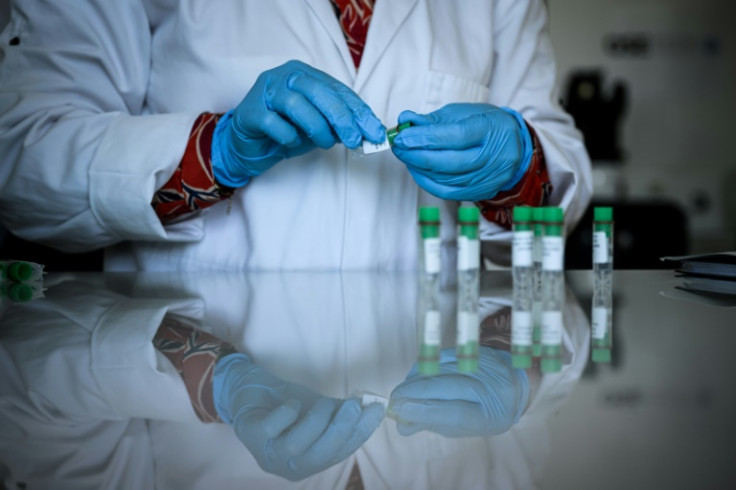FDA Approves Shield Blood Test for Colon Cancer Screening

The Food and Drug Administration has approved a blood test that could effectively screen for colon cancer. The FDA approved Shield, the premier blood test of Guardant Health.
According to NBC News, the blood test is not meant to replace the conventional process of colonoscopy to check for colorectal cancer. However, since it costs less than a colonoscopy, it may increase the number of screenings for colon cancer and improve the chances of medical practitioners, and even patients, catching the illness early on.
The cost of Shield is only $895. With the FDA's approval, it is very likely that private insurance companies and Medicare will cover the cost of the blood test, making it more accessible for patients.
In research published in March, Shield was found to be 83% effective in detecting colorectal cancers. The test detects the DNA that tumors release into the blood.
Shield was more effective in detecting cancers that are already in the late stages since tumors produce more DNA at that stage.
It is recommended that the test be administered at least every three years. Those who have reached the age of 45 should start screening. Based on figures from the American Cancer Society, an estimated 53,000 people will die of colorectal cancer this year.
For those in the earlier stages of the disease, Shield was only able to detect 13% of cases. This is why it is said to be more effective in detecting later-stage colorectal cancer. After the test, a colonoscopy is still needed to confirm the condition of the colon.
"People have to understand that a positive Shield test requires a colonoscopy to confirm that you have an advanced lesion or colorectal cancer, or that the results were false," said Robert Smith, the senior vice president of Early Cancer Detection Science at the American Cancer Society.
He also pointed out that a test like Shield will not be complete if it is positive and the patient does not have a follow-up colonoscopy. A study by the National Cancer Institute indicated that those who receive a positive result from these tests are advised to have a colonoscopy.
Shield is the second blood test approved for screening colon cancer. The first was Epigenomics' Epi proColon, which gained approval in 2016 but was not frequently used.
© Copyright IBTimes 2025. All rights reserved.






















